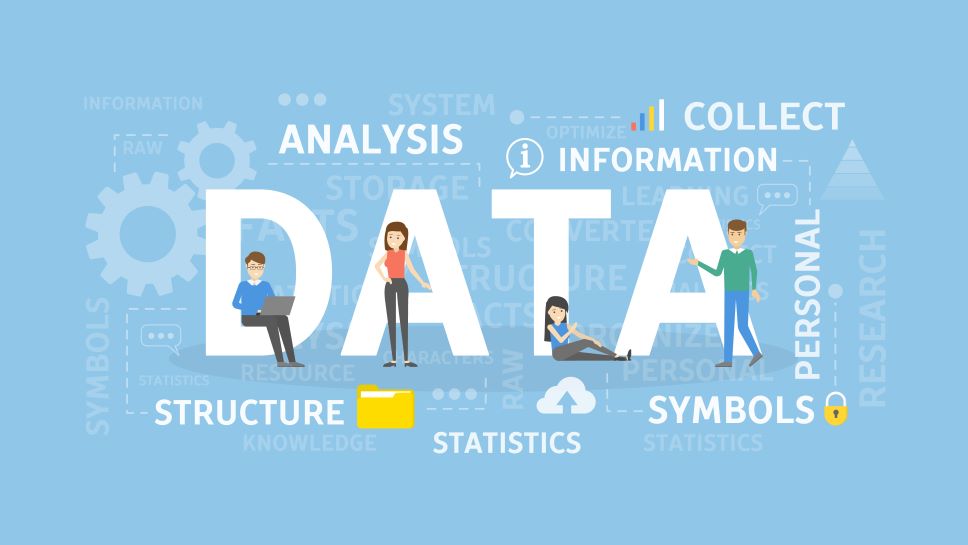Ace4 November 10, 2024
Legal AI Intelligence: Transform Your Legal Practice Today
How Data-Centric AI is Redefining Legal Intelligence

In the ever-evolving legal industry, where precision and accuracy define success, artificial intelligence (AI) has emerged as a transformative tool. However, traditional AI approaches often focused on algorithmic optimization, overlooking the vital role of data quality. This is where data-centric AI steps in, revolutionizing the way legal professionals harness technology. By prioritizing clean, consistent, and contextually rich datasets, data-centric AI is redefining the landscape of legal intelligence.
The Role of Data in Legal AI
AI systems are only as good as the data they are trained on. Legal datasets are inherently complex, comprising contracts, case files, regulatory documents, and court transcripts. Poorly structured or incomplete data can lead to errors, inefficiencies, and mistrust in AI outputs. Data-centric AI shifts the focus from tweaking algorithms to ensuring that the data feeding those algorithms is accurate, relevant, and well-organized.
Enhancing Legal Workflows
Contract Analysis:
With high-quality datasets, data-centric AI can identify clauses, assess risks, and ensure compliance with unprecedented accuracy.
Case Prediction:
Clean and labeled legal data enables AI to predict case outcomes by analyzing patterns and historical decisions.
Document Summarization:
Data-centric AI transforms lengthy documents into concise summaries, allowing legal teams to focus on strategic insights.
Real-World Impact
Data-centric AI offers tangible benefits for legal professionals:
-
1. Efficiency: Streamlined workflows reduce time spent on repetitive tasks.
-
2. Accuracy: Improved data quality minimizes errors in legal analysis
-
3. Client Outcomes: Enhanced insights lead to better case strategies and results.
By embracing data-centric practices, law firms and legal departments can unlock the full potential of AI, transforming challenges into opportunities.




